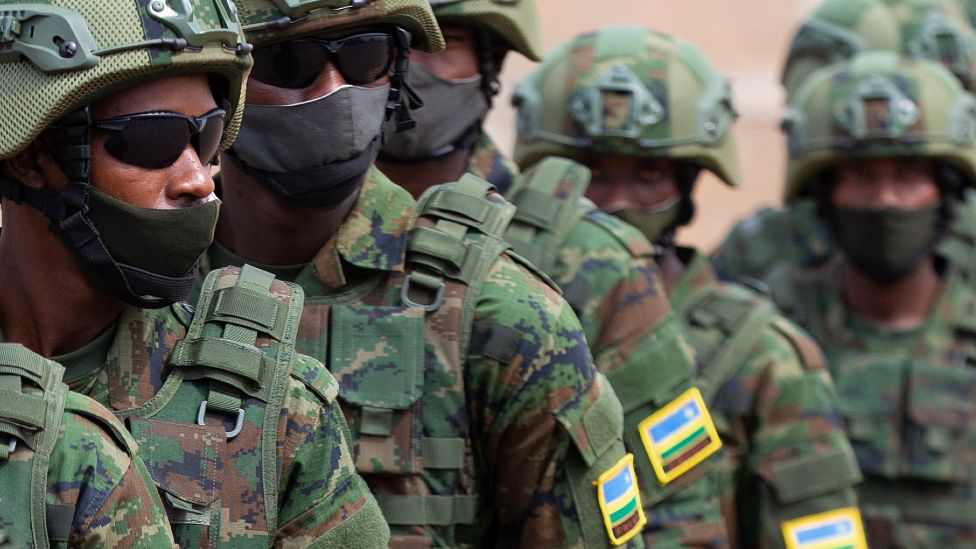Rwandans at home and abroad celebrated the country’s Liberation Day, Monday, July 4, paying homage to the officers, men and women of the Rwanda Patriotic Army who liberated the country from claws of destruction 28 years ago.
In liberating the country, the RPA, the former military wing of the Rwanda Patriotic Front (RPA), defeated the genocidal regime of Théodore Sindikubwabo and Jean Kambanda, bringing to an end the 1994 Genocide against the Tutsi.
Unfortunately, by the time the RPF took over the country more than a million innocent people had already lost their lives at the hands of a group of political ideologues, military extremists and ruthless militia.
However, Rwanda has since come of age.
Someone who was born immediately after the Liberation Struggle is now 28 years old or thereabouts. They probably already have children of their own. They’ve possibly graduated from university and have created employment, they are running startups or even scale-ups, they’re young business leaders and executives, or they’re serving their country in other capacities.
About 70 per cent of Rwanda’s population is aged 30 years and below, making the post-Genocide generation by far the largest demographic group.
Now, the Government of Rwanda has invested a great deal of effort to nurture, empower and involve the youth and to give them exposure and the tools necessary to succeed.
While there will always be challenges, the Rwandan youth of today are by far in a much better position to pursue and achieve their dreams, shape their destiny and impact their communities and country than their older generations – who, for a long time, could only dream of the opportunities their children are easily afforded today.
Yet, some of the youth barely realise how incredibly lucky they’re to grow up in a new era, under a leadership that genuinely cares for their wellbeing and creates an environment that encourages and recognises youth innovation and entrepreneurship as well as youth leadership.
It is, therefore, critical that young people roll up their sleeves and make the most of these opportunities, network and learn from peers in and outside the country, engage in business ecosystems, and in leadership and sustainable development, among others.
Most importantly, they should learn from the older generations of heroes of Rwanda – past and present – in how they exemplified and continue to epitomise the highest values in service of their country, always putting the common good before self, and commit to walk in their footsteps. They can even achieve far more.
Whether in terms of speaking up or defending their country, or teaching Rwandan children, or in doing business, or creating jobs and other opportunities for others, Rwandan youth have an opportunity to build on the gains already made.
And, today, not tomorrow, is the right time to start making your contribution.
source: newtimes







